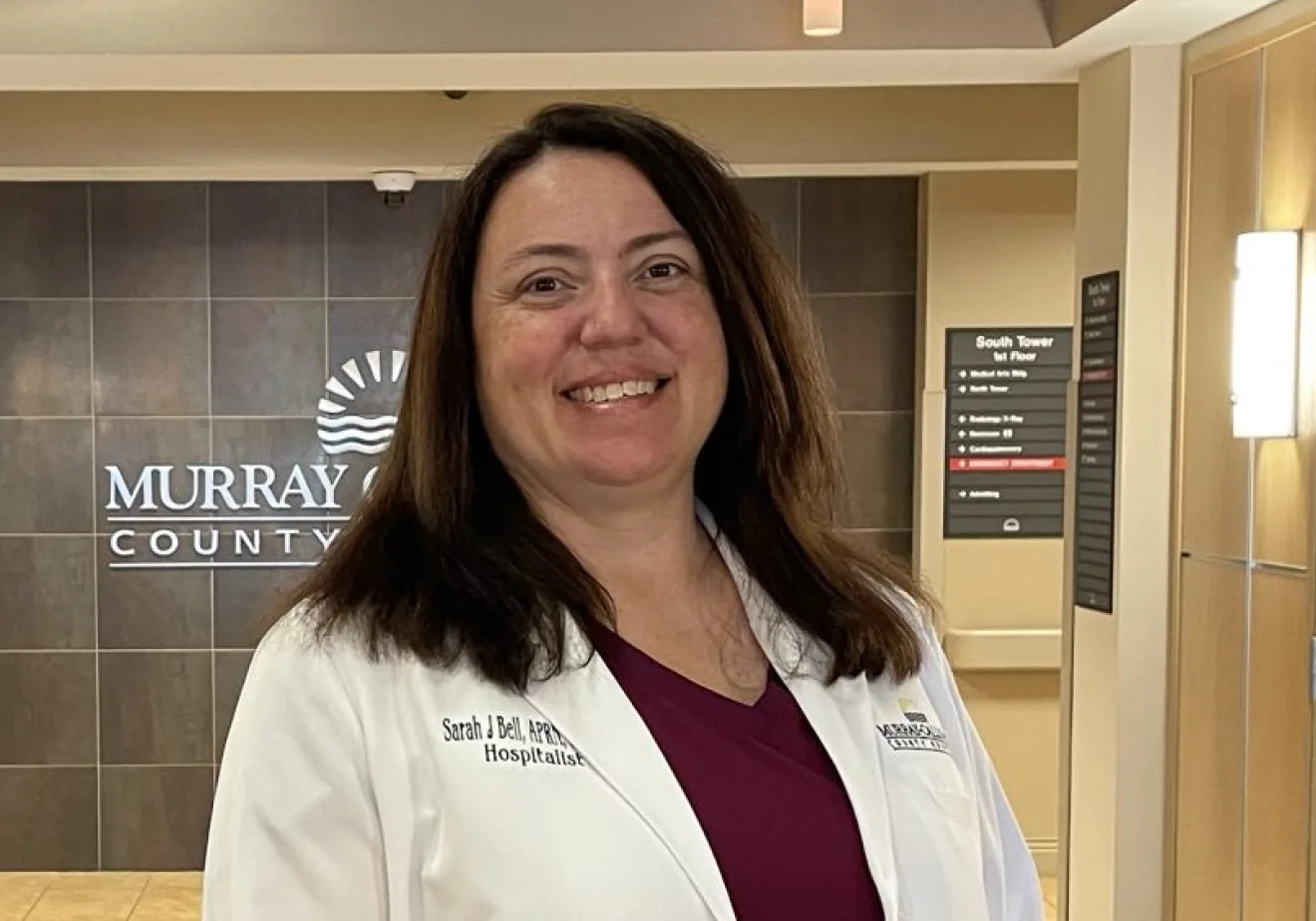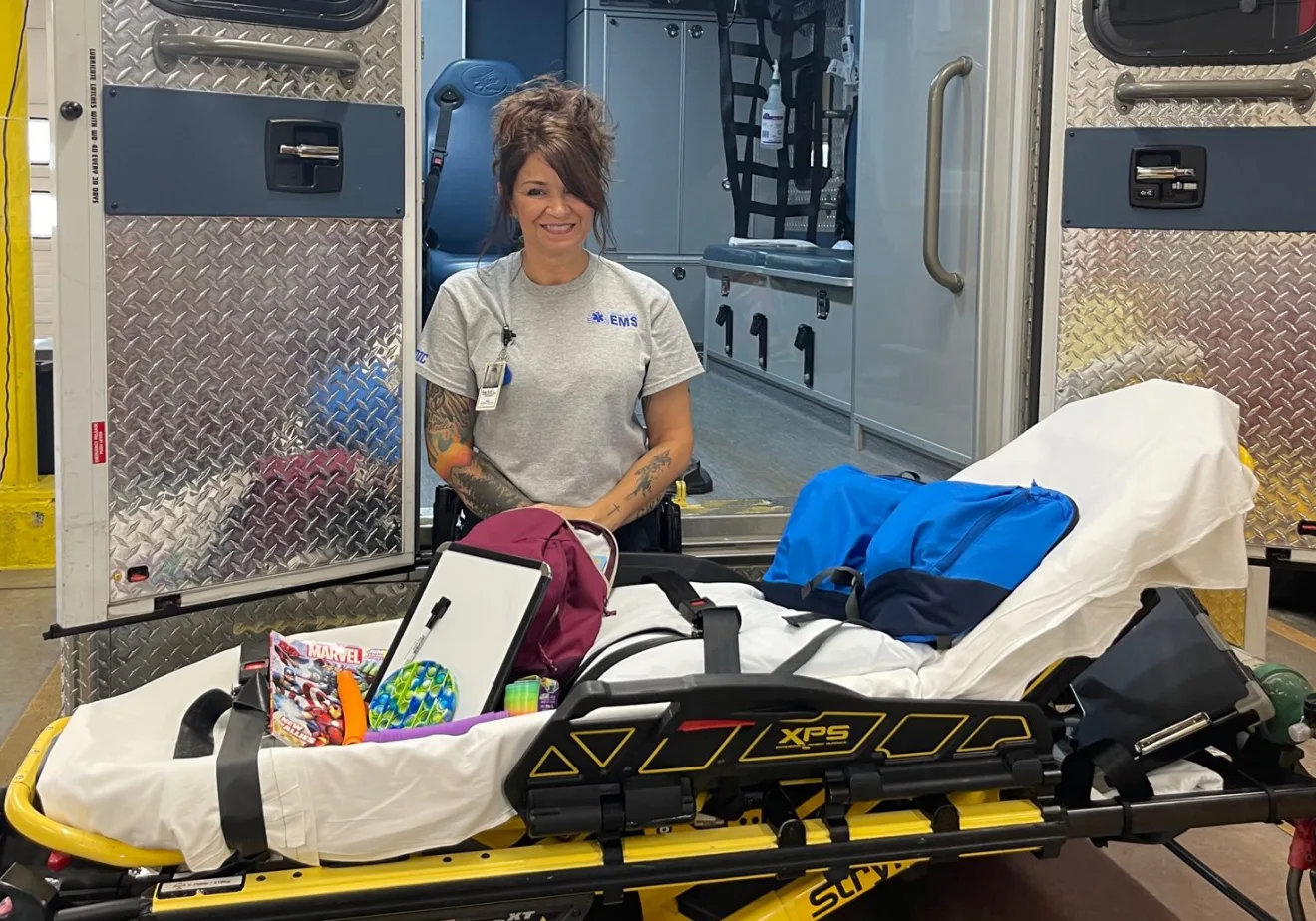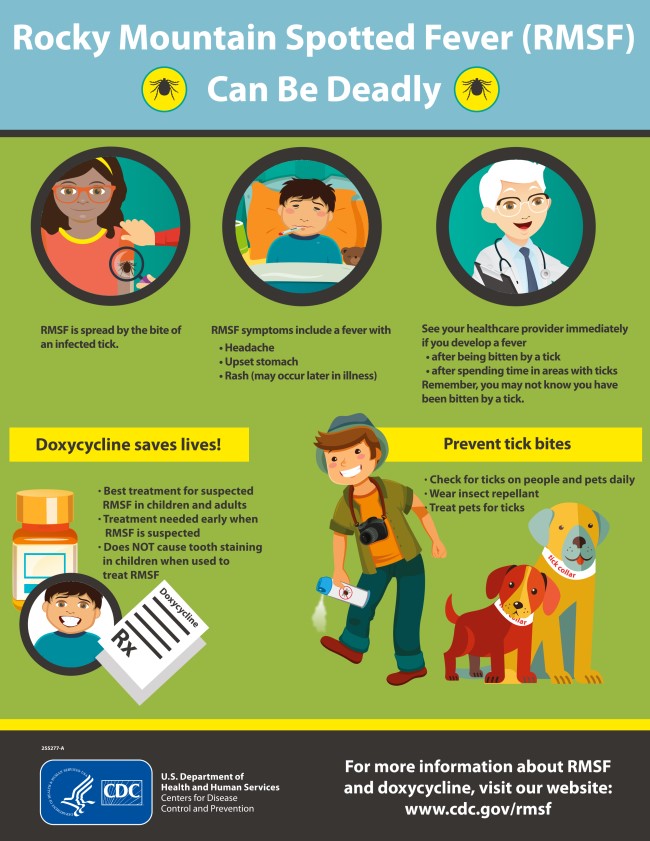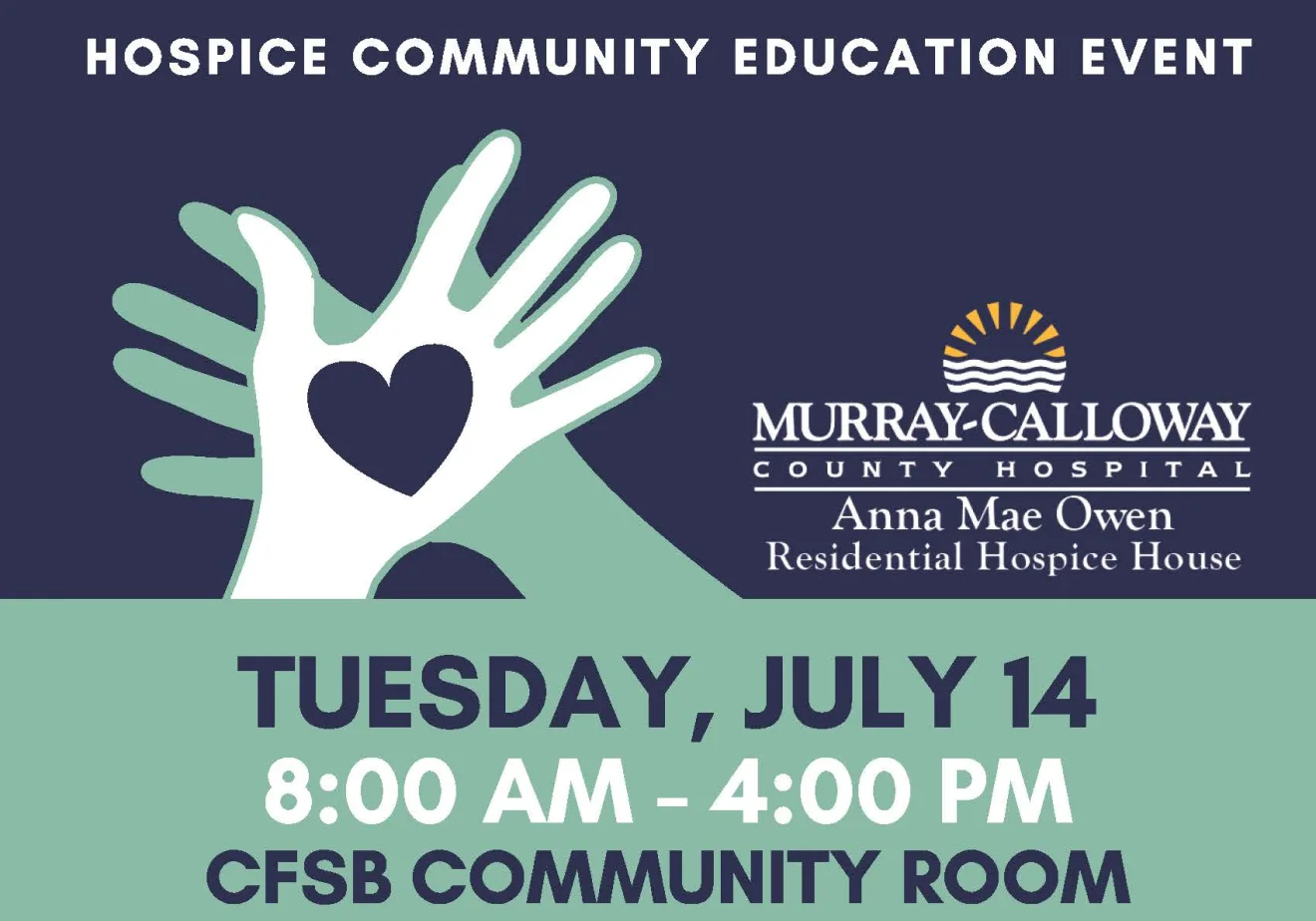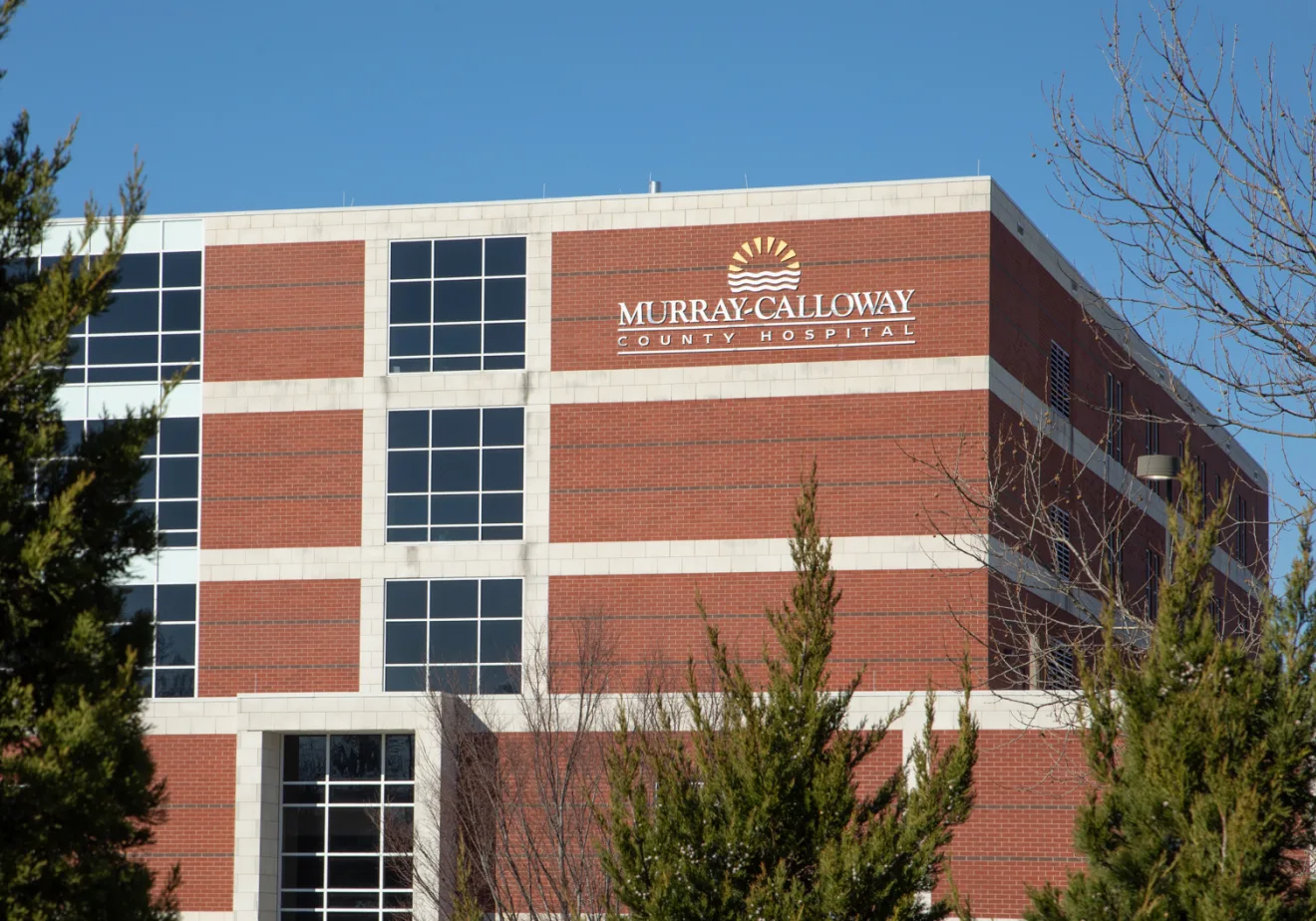
MURRAY, KY – The 2022 Men in Pink campaign will kick off on September 27 revealing the 11 men who will spend Breast Cancer Awareness Month raising money to support the Regional Cancer Center at Murray-Calloway County Hospital.
Men in Pink is a campaign with key community individuals who are willing to support fundraising efforts for the new Regional Cancer Center with a focus on educating the community about the importance of early detection and breast cancer awareness.
The current Regional Cancer Center is approximately 20 years old and needs new equipment, as well as, the space to house all of its patients’ treatment needs so they won’t have to walk outside to go from one office to the next and will bring the oncologists, social workers, pharmacy, and infusion area under one roof. The building project is expected to be finished late next Spring 2023. The Regional Cancer Center will continue to offer radiation oncology and infusion therapy treatments from Dr. Zuhair Ghanem. The Center represents a major investment in technology offering the very latest in cancer treatments. This new equipment will increase accuracy and patient comfort while reducing the treatment time. If a cancer can be treated by radiation, then it can be treated here. If chemotherapy is required, specialized oncology nurses- under the direction of a medical oncologist- administer treatments in a comfortable, soothing environment. A meditation garden is in the plan and will be strategically located just out front of the infusion bay windows for patients to enjoy while receiving treatment.
Jerry Penner, CEO of MCCH, said he is excited that the Men in Pink committee has again chosen to keep the money here because he believes that Murray and Calloway County residents deserve to have the highest-quality cancer treatments available without having to exhaust themselves traveling between home and a different city. He reminded attendees that the target opening for the new Regional Cancer Center in spring 2023 is “not far away.”
Fundraising efforts will continue for the center with naming opportunities available and each of the Men in Pink will be spotlighted in a Facebook telethon later in October. Last year’s event raised slightly over $100,000.
Each of the men will have their own Facebook pages to collect donations, and additional donations can be given on the Men in Pink of Calloway County Facebook page.
There are many opportunities available for individuals to make personal contributions, various naming opportunities for different areas and rooms within the new facility, and availability for business or corporate partnerships to contribute.
For more information on how you can support the building of a new Regional Cancer Center in Murray, or to set up a meeting to discuss the project more, please contact Lisa Shoemaker, Senior Philanthropy Officer at 270.762.1291.
The Murray-Calloway County Hospital is the only nonprofit healthcare facility in our county. The Foundation at Murray-Calloway County Hospital is a 501C3. All donations are tax deductible according to Federal and State laws.




